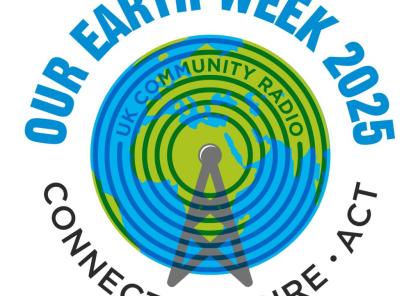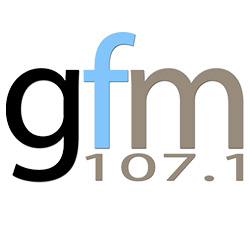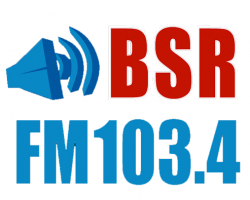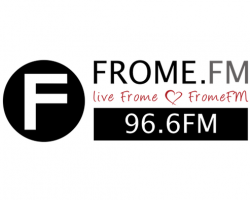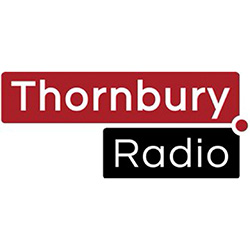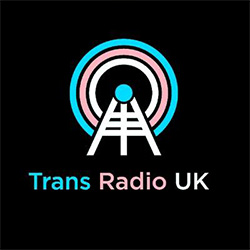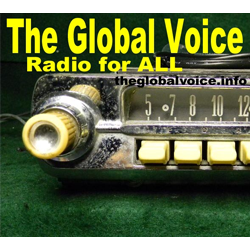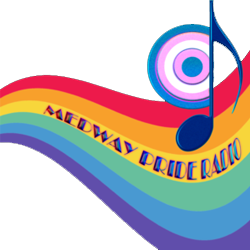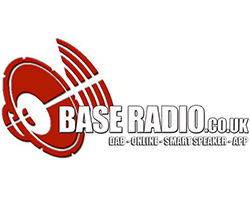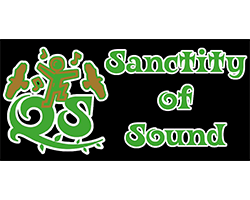
08/11/2025
In an Op Ed article for the weekly South African LGBTQIA news magazine Mamba Online, Sikhander Coopoo who is a London based intersectional queer feminist writer, addresses the violence that is so often swept under the carpet in Islamic circles when it comes to sexuality and gender identity. Mr Coopoo invites readers to interact with a poem he has written addressing the issues he has faced. Unafraid to name some of the oppressors of LGBTQIA+ Muslims, his address is hard hitting but touches on issues of hope.
A Spoken Letter from Sikhander Coopoo
Dear friend…
I need you to sit with me for a moment –
not just with your mind, but with your whole body.
Feel your breath.
Feel your heartbeat.
Now… feel what silence can do when it settles into your bones.
Because I have lived inside that silence.
It shaped my childhood.
It carved out my faith.
It almost made me disappear.
I was still a child when my father said he would take me to Dr. Rule –
“to have my blood changed,
to make me straight,
to grow up to be a man.”
That one sentence haunted me for years.
Dr. Rule.
His name alone could stop my breath.
His practice sat on a busy street,
but to me, it was a torture chamber.
Each time I walked past,
my palms slicked with sweat.
The stairs leading up to his office – alive, dark,
ready to swallow me whole.
I imagined him waiting there
with needles to drain the moffie out of me.
I was terrified.
Not just of him –
of myself.
But fear didn’t only live in that building.
It lived in my home too.
My father was a man who didn’t need alcohol to be violent.
His rage came naturally –
like breath.
One night I stepped between them.
He had raised the jagged edge of a tomato purée can to slice my mother’s face.
I must have been ten… maybe twelve.
My arms trembled,
but I held my ground.
He didn’t strike her that night.
Every Saturday, he went to the races.
If he lost,
the evening belonged to me.
The belt would come out,
his rage always finds its target.
Once, on a Sunday,
he called me while I was playing cricket.
“One more bowl,” my brother begged.
I stayed.
When I finally went in,
my father’s face was still.
Too still.
He dragged me outside,
and then the sjambok came down.
It tore into my skin –
fire.
I screamed,
but the real pain
was not knowing why.
Later, my aunt bandaged my wounds and asked,
“What did you do?”
I didn’t know how to answer.
That question still echoes in me.
I tell you this because violence has a lineage.
It doesn’t die.
It travels
through generations,
through faith,
through silence.
And mine didn’t end at home.
Years later, I drove through Grassy Park
and saw “PAGAD” spray-painted on walls.
Dark letters shouting what silence had whispered all my life:
“You are not safe here.”
My body reacted before my mind did –
heart pounding,
breath shallow,
the body remembering fear.
I tried to explain it.
They said, “It’s just gangs.”
No.
It’s because of people like Haroon Orrie
who called for the execution of people like me.
Because of Sheikh Jameel Adams,
who stood in the pulpit after Imam Hendricks’ assassination
and said we should be killed.
Because of Ummati,
who published a list of our names –
mine among them –
under the word “Beware.”
A hitlist,
circulating on WhatsApp like gossip.
Like entertainment.
Like target practice.
In Joburg, the Jamait called us “filthy porcines with filthy minds.”
They said queers should be executed, burnt,
flung from cliffs.
In Nelson Mandela Bay,
the Majlis echoed the same.
One of those families – respected, religious –
hung a man from a tree over a sour business deal.
He survived.
That man was my younger brother, a homophobe.
If they could do that to him for money,
what would they do to me
for defying what they call sacred?
And still… silence.
They tell me my queerness makes me less Muslim.
Less African.
Less human.
But I am the proof that it’s possible
to hold faith and freedom in the same body.
I am what your silence tried to erase.
When you stay quiet
while leaders like Jameel Adams call for our deaths,
you are not neutral.
You are agreeing in a whisper.
When your organisation’s logo appears beside PAGAD’s
When you appear with someone calling for our execution
and you say nothing,
you are co-signing our extermination.
When the Imam condemns us and you nod politely,
you are adding your silence to the pile that buries us.
Every time you choose comfort over courage –
we pay the price.
Silence kills.
It kills slowly – through exclusion.
And quickly – through bullets, through sjamboks,
through men who believe violence is devotion.
Silent homophobia is not a theory.
It’s the jokes that nobody challenges.
It’s the ally who says, “I support you,”
but stays quiet when hate gets loud.
You may think your silence keeps you safe.
It doesn’t.
It keeps you obedient.
Patriarchy and heteronormativity
needs silence to breathe.
And your silence keeps it alive.
I’m not saying this to shame you.
I’m saying it because I still believe in you.
I still believe in your capacity for love,
for courage,
for transformation.
So, here’s what I need from you –
Speak when it’s uncomfortable.
Challenge the sermons.
Vote with your conscience.
Learn without making me your Google search.
Don’t defend the indefensible.
Show up – even when it’s risky.
Stop saying you are “not homophobic” or “I know a gay”,
if your silence is louder than your love.
Every time you look away,
you make it easier for them to pull the trigger,
to tighten the rope,
to raise the sjambok.
Sikhander Coopoo is a black, queer, Muslim intersectional feminist with backgrounds in gender, pedagogy and local governance. He is a social justice and humxn rights activist at heart. Sikhander serves on the Gender and Sexuality Alliance of East London committee and writes in his own capacity.
https://www.mambaonline.com/2025/11/04/a-spoken-letter-the-weight-of-sil...

